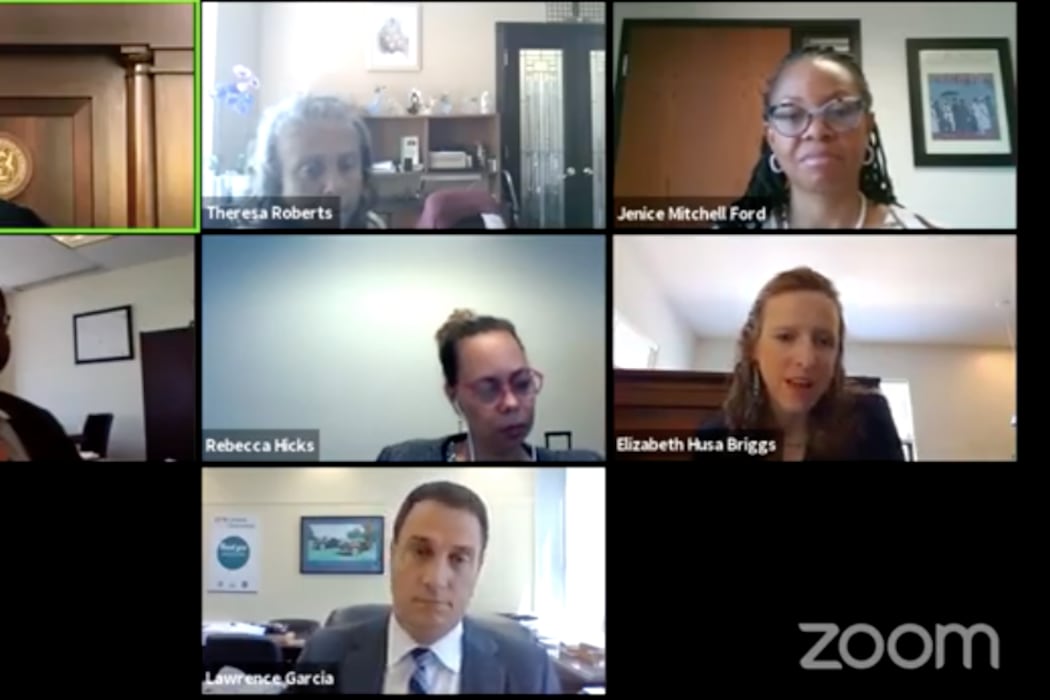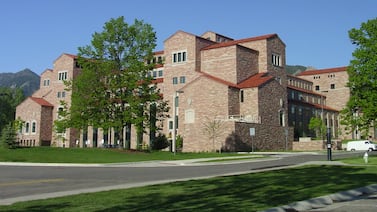Plaintiffs in the lawsuit seeking to stop the Detroit school district’s in-person summer school classes have agreed to refile their case in Wayne County circuit court.
That was the result of a Friday court hearing before the Michigan Court of Claims, where the presiding judge told the lawyer for the activist group By Any Means Necessary that she had no jurisdiction over the district or Superintendent Nikolai Vitti, both of whom are defendants.
“Even if I agreed with everything you said, I have no power to do anything,” Judge Cynthia Diane Stephens told Shanta Driver, the attorney representing the plaintiffs.
Friday’s court action means the plaintiffs won’t get the immediate halt of summer school that they sought.
The agreement comes a day after Stephens denied a temporary restraining order against the district to halt face-to-face summer classes.
Also during Friday’s hearing, the plaintiffs, which include district teachers, parents, a student and staff, agreed to refile their case against the state to address a technical issue.
The Court of Claims deals with lawsuits filed against state entities. Among the defendants named in the lawsuit are Gov. Gretchen Whitmer, the Michigan Department of Education, State Superintendent Michael Rice.
During a back-and-forth between Stephens and Driver, the judge seemed skeptical of holding the governor accountable for alleged violations of Whitmer’s executive orders. In a motion filed Friday, the attorney for the state defendants argued that the lawsuit fails to include any “allegation of wrongdoing on the part of any of the state defendants.”
The lawsuit was filed Wednesday and seeks to halt the district’s face-to-face summer lessons, saying the classes threaten the health and safety of students and staff, putting them at risk of contracting and spreading COVID-19.
The court action comes in the midst of an intense debate over reopening schools in the fall and amid protests that started when the district began its summer school classes on Monday. The group By Any Means Necessary has organized protests outside one of the district’s bus terminals, preventing buses from being able to leave to transport students to their summer classes.
On Thursday, nearly a dozen protesters were arrested after “blocking buses from picking up children for summer school classes,” on Detroit’s west side, according to a WDIV report.
During a Thursday afternoon press conference, Ellie St. Clair, one of the protestors and parent of three district students, said reopening school buildings now is too dangerous.
“We were not prepared for this. There’s no way we can keep these kids safe,” she said. “We have teachers who are afraid because they don’t want to lose their jobs.”
(This story has been updated to reflect what happened during a court hearing Friday afternoon)






